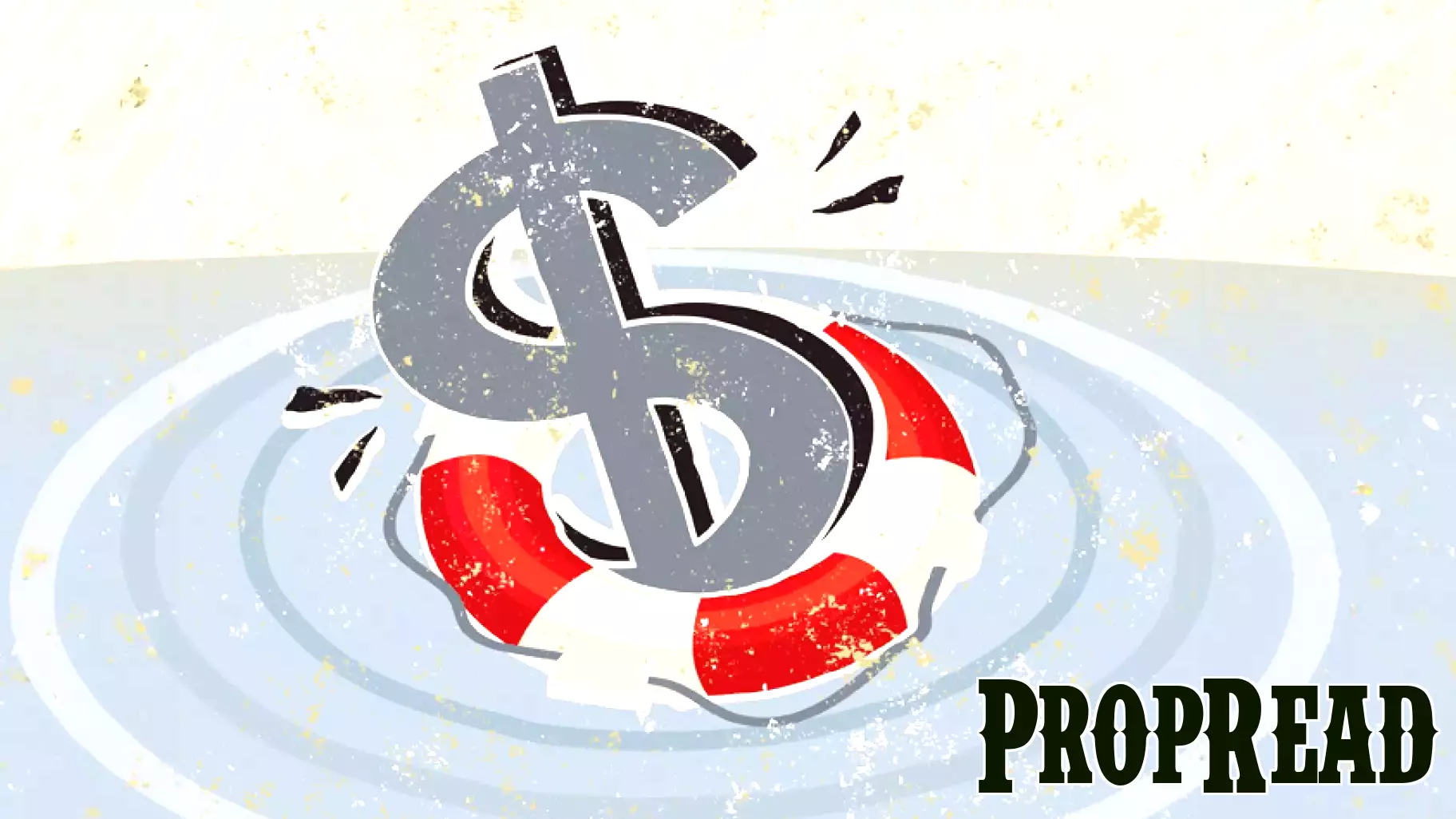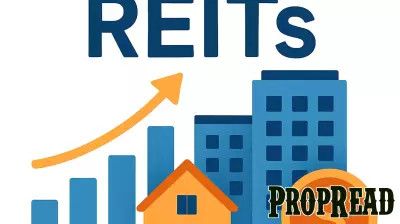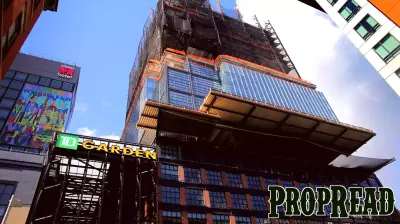December 2, 2024 - 03:04

As climate change impacts intensify and environmental, social, and governance (ESG) regulations become more stringent across various markets, investors in the real estate sector are confronting a significant risk: the potential for stranded assets. This term refers to investments that may lose value or become obsolete due to environmental factors or regulatory changes.
The implications of this phenomenon are profound. Properties that do not meet evolving sustainability standards may find themselves undervalued or even unmarketable. Investors are increasingly aware that buildings with high carbon footprints or inadequate energy efficiency could face diminished demand as tenants and buyers prioritize sustainability.
Furthermore, as cities implement stricter zoning laws and climate resilience measures, properties located in vulnerable areas may face heightened risks. Investors are urged to reassess their portfolios and consider the long-term viability of their assets in light of these emerging challenges. Adapting to these changes may prove essential for safeguarding investments in an unpredictable climate landscape.



